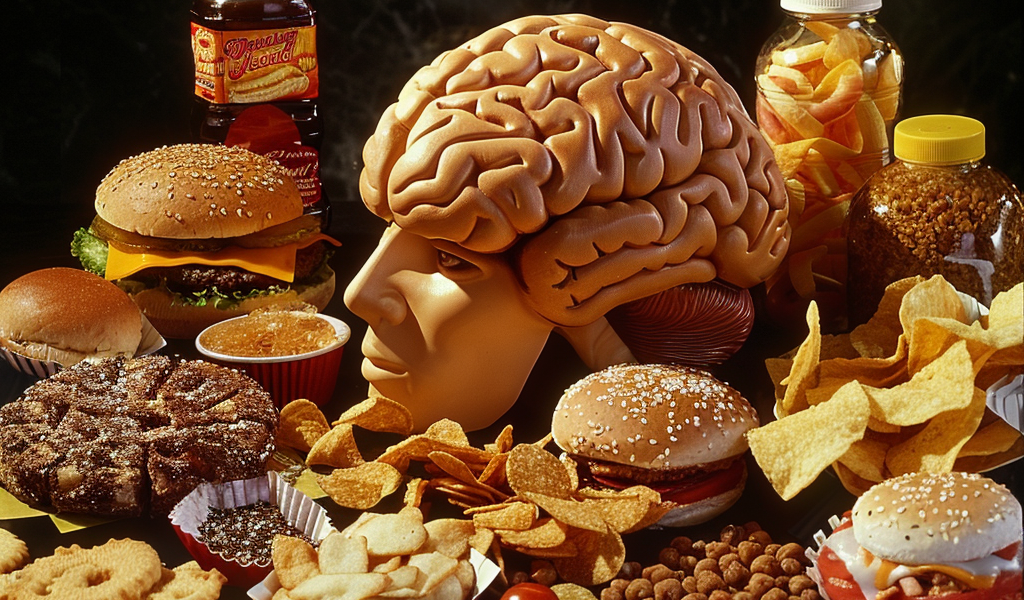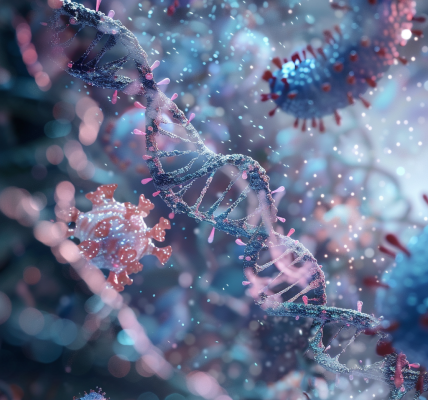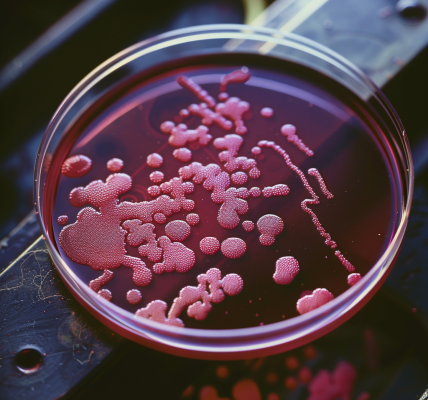All that junk food could have a permanent effect on your teens’ brain
A recent study has found that consuming a diet high in junk food can lead to long-term damage to adolescent brains. The research, conducted on rats, highlights the potential consequences of indulging in foods like industrial cookies, potato chips, and fast food.
While the effects may not be immediately noticeable, the study emphasizes the importance of maintaining a healthy diet and lifestyle for teenagers, as this can have lasting benefits well into adulthood beyond just nutritional aspects.
The study, published in the journal Brain, Behavior and Immunity by researchers at the University of Southern California, focused on the relationship between diet and brain function, particularly in the hippocampus.
The hippocampus, a key brain structure involved in cognition, memory, and learning, relies on the neurotransmitter acetylcholine for its functions. Acetylcholine plays a crucial role in memory, learning, attention, arousal, and muscle movement.
Past research has shown that individuals with Alzheimer’s disease often have reduced levels of acetylcholine in their brains. The study suggests that a diet high in fat and sugar can disrupt the signaling of this neurotransmitter.
The research involved two groups of rats, one fed a diet rich in fat and sugar and the other a healthy diet, during both juvenile and adolescent stages. Memory tests conducted on the rats revealed persistent memory issues even after the junk food diet was replaced with a healthier one.
These findings indicate that poor dietary choices during adolescence can have long-lasting effects on memory, which may not be easily reversible. The disruption of acetylcholine signaling due to an unhealthy diet can have significant implications for cognitive function and brain health.





